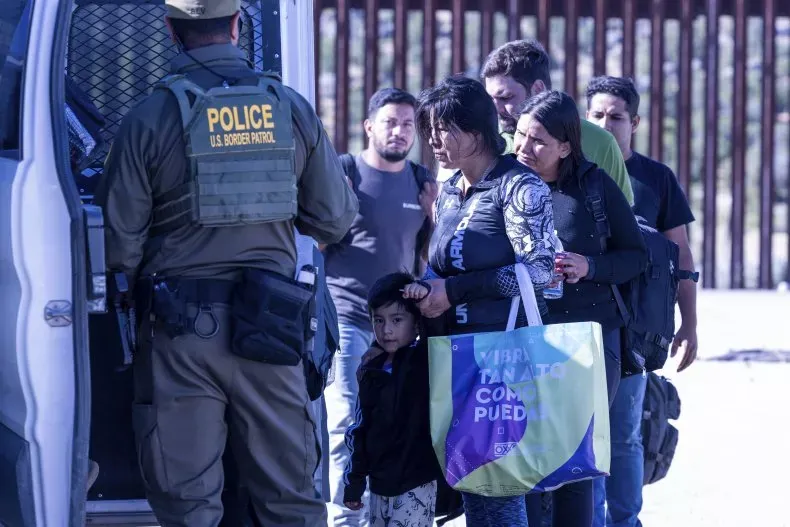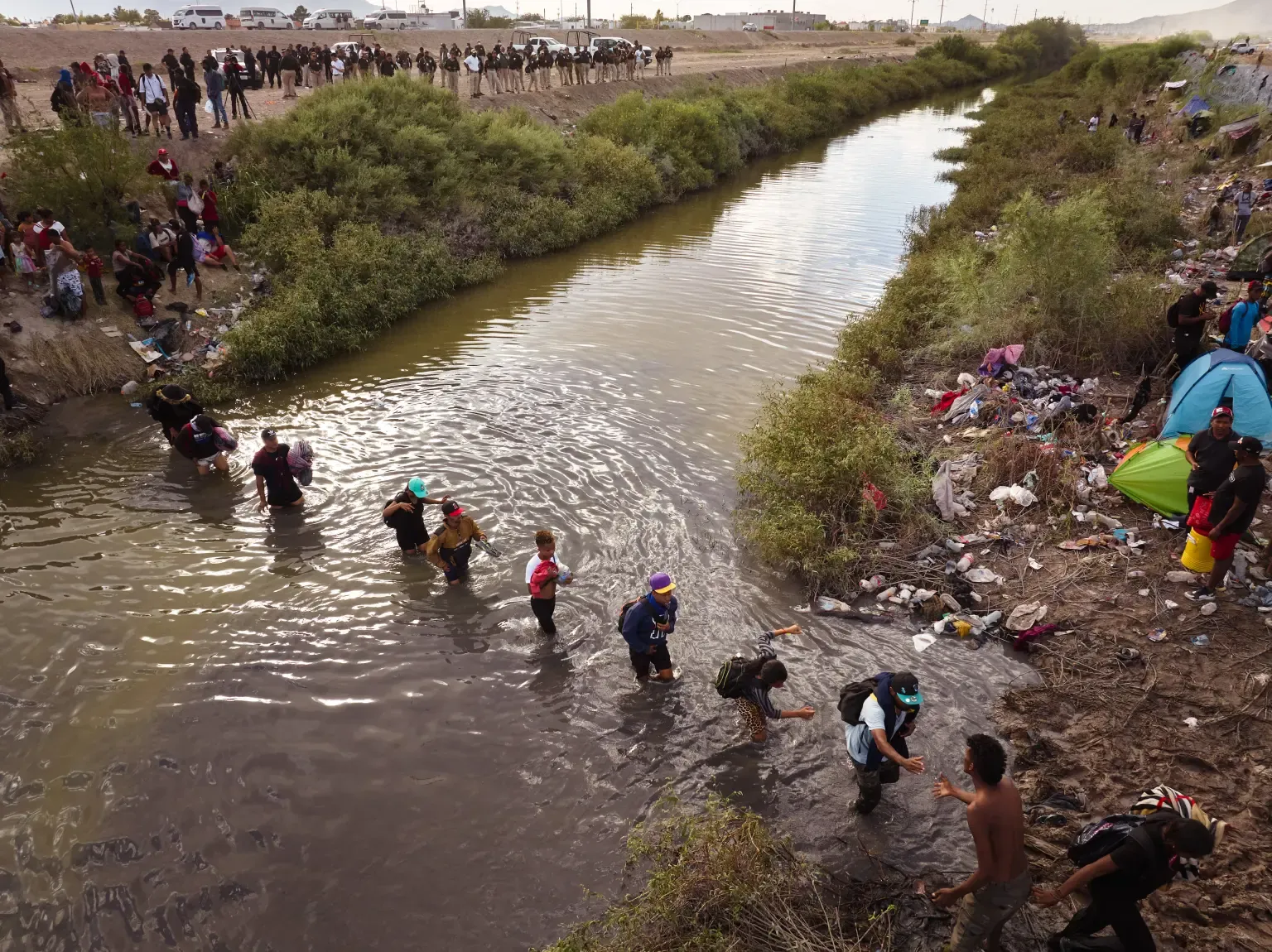Missouri Senator-elect David Gregory has stirred heated debate with his proposal to create a program empowering citizens to act as bounty hunters, targeting undocumented migrants within the state. The suggested “Missouri Illegal Alien Certified Bounty Hunter Program,” introduced as Senate Bill 72 on December 1, 2024, would offer residents $1,000 for reporting undocumented individuals to the Missouri State Highway Patrol.
The proposal also authorizes certified bail bond agents to detain undocumented migrants. Those reported under the program would face incarceration without eligibility for probation or parole. The bill also seeks to make illegal immigrants entry into the United States a felony offense, escalating what is typically considered a civil violation to a criminal level.
The legislation includes other provisions barring undocumented migrants from receiving benefits, obtaining driver’s licenses, or gaining legal residency in Missouri.
Missouri is home to an estimated 59,300 undocumented migrants, many of whom reside in mixed-status families. These families, which include U.S. citizens, could face significant upheaval should the proposal become law. Ashley DeAzevedo, president of American Families United, condemned the bill, warning it could “create chaos and division” in communities by encouraging people to report neighbors, colleagues, or classmates.
DeAzevedo emphasized the harm this could bring to the 20,000 Missourians in mixed-status families, many of whom have lived in the U.S. for decades.
The proposal has faced fierce backlash from advocates, legal experts, and community leaders. Javad Khazaeli, a local attorney, likened the program to “Nazi Germany tactics,” arguing it could lead to racial profiling and harassment of people of color. Critics also point out the potential for widespread abuse, with concerns that false claims could result in wrongful detentions.
Missouri’s approach mirrors a broader trend of states pushing for increased control over immigration enforcement, which traditionally falls under federal jurisdiction. Texas, for example, launched “Operation Lone Star,” while Arizona and Oklahoma have introduced legislation aimed at restricting migrant rights.
While the bill has sparked significant controversy, it remains to be seen whether it will gain traction in Missouri’s legislature. As debates unfold, the proposal raises critical questions about the balance between state and federal authority on immigration and the ethical implications of deputizing citizens to police their communities.
This proposal has ignited a firestorm of opinions, reflecting broader national tensions surrounding immigration policy and enforcement.







